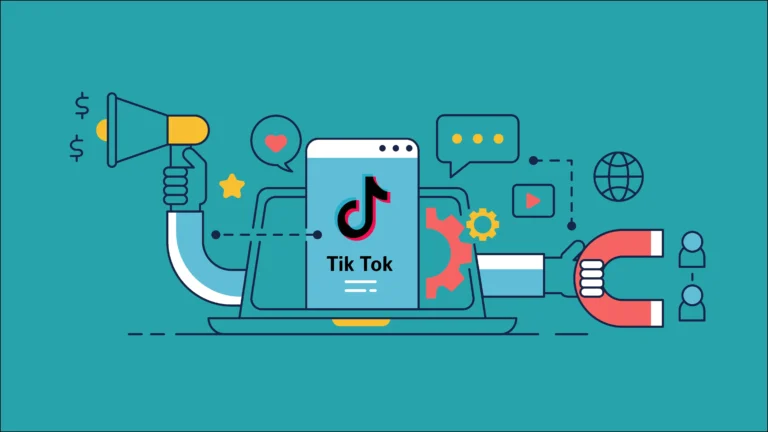Revealing the Consequences of Influencers’ Lack of Transparency
Unrevealed Ads’ Impact on Influencer Marketing: In the ever-evolving landscape of digital marketing, influencers play a significant role in shaping consumer behavior and brand perception. However, the rise of undisclosed advertisements within influencer content poses a serious threat to industry integrity and erodes consumer trust. Let’s delve into the ramifications of this issue and explore strategies for promoting transparency and accountability.
Table of Contents
Understanding Undisclosed Ads: Concealed Marketing Tactics
Unveiling the Hidden Agenda : Unrevealed Ads’ Impact on Influencer Marketing
Undisclosed ads refer to sponsored content that lacks transparency regarding its commercial nature. Influencers often integrate promotional material seamlessly into their posts, blurring the line between authentic recommendations and paid endorsements. This lack of disclosure deprives consumers of crucial information, leading to potential deception and manipulation.
The Impact on Consumer Trust: Breaching the Bond
Erosion of Authenticity
The failure to disclose advertisements undermines the authenticity and credibility of influencer content. Consumers value transparency and honesty from the personalities they follow, expecting genuine recommendations free from hidden agendas. When influencers prioritize monetary gain over transparency, they risk alienating their audience and damaging their reputation in the long run.
Legal and Ethical Implications: Upholding Regulatory Standards
Navigating Compliance and Integrity
Undisclosed ads raise legal and ethical concerns regarding truth in advertising and consumer protection. Regulatory bodies such as the Federal Trade Commission (FTC) require influencers to clearly disclose their relationships with brands to ensure transparency and prevent deceptive practices. Failure to comply with these guidelines not only jeopardizes the influencer’s reputation but also exposes brands to legal repercussions.
Impact on Brand Reputation: Risks and Repercussions
Aligning with Authenticity
Brands collaborating with influencers who fail to disclose ads risk tarnishing their reputation by association. Consumers perceive such partnerships as disingenuous and opportunistic, undermining the brand’s credibility and authenticity. To safeguard their reputation and maintain consumer trust, brands must prioritize transparency and ethical marketing practices.
Promoting Transparency: Building Trust and Accountability
Fostering Open Communication
To combat the proliferation of undisclosed ads, stakeholders across the industry must prioritize transparency and accountability. Influencers should clearly disclose sponsored content using hashtags such as #ad or #sponsored, ensuring transparency with their audience. Brands, agencies, and platforms must also enforce disclosure policies and educate influencers on ethical marketing practices.
Conclusion: Unrevealed Ads’ Impact on Influencer Marketing
Embracing Transparency for Sustainable Growth
Unrevealed Ads’ Impact on Influencer Marketing: In an era defined by digital influence, transparency is paramount to maintaining integrity and fostering trust in influencer marketing. By prioritizing transparency, accountability, and authenticity, stakeholders can uphold industry standards and cultivate meaningful connections with consumers built on trust and transparency.
FAQs : Unrevealed Ads’ Impact on Influencer Marketing
- Why is it important for influencers to disclose sponsored content?
Disclosing sponsored content is essential for transparency and honesty in influencer marketing. It allows consumers to make informed decisions and maintains the integrity of influencer-brand relationships. - What are some common ways influencers can disclose ads in their content?
Influencers can disclose ads by using hashtags such as #ad, #sponsored, or #paidpartnership in their captions or posts. They can also include a clear disclosure statement indicating their relationship with the brand. - How do undisclosed ads affect consumer perception of influencers and brands?
Undisclosed ads can damage consumer trust and perception of influencers and brands. Consumers may feel deceived or manipulated, leading to a loss of credibility and reputation for both parties. - What role do regulatory bodies like the FTC play in regulating influencer marketing?
Regulatory bodies like the FTC establish guidelines and regulations to ensure transparency and consumer protection in influencer marketing. They require influencers to disclose their relationships with brands and enforce penalties for non-compliance. - How can brands and influencers work together to promote transparency in influencer marketing?
Brands and influencers can promote transparency by establishing clear disclosure policies, educating influencers on ethical marketing practices, and fostering open communication. Collaborative efforts can ensure that influencer marketing maintains integrity and trustworthiness.






